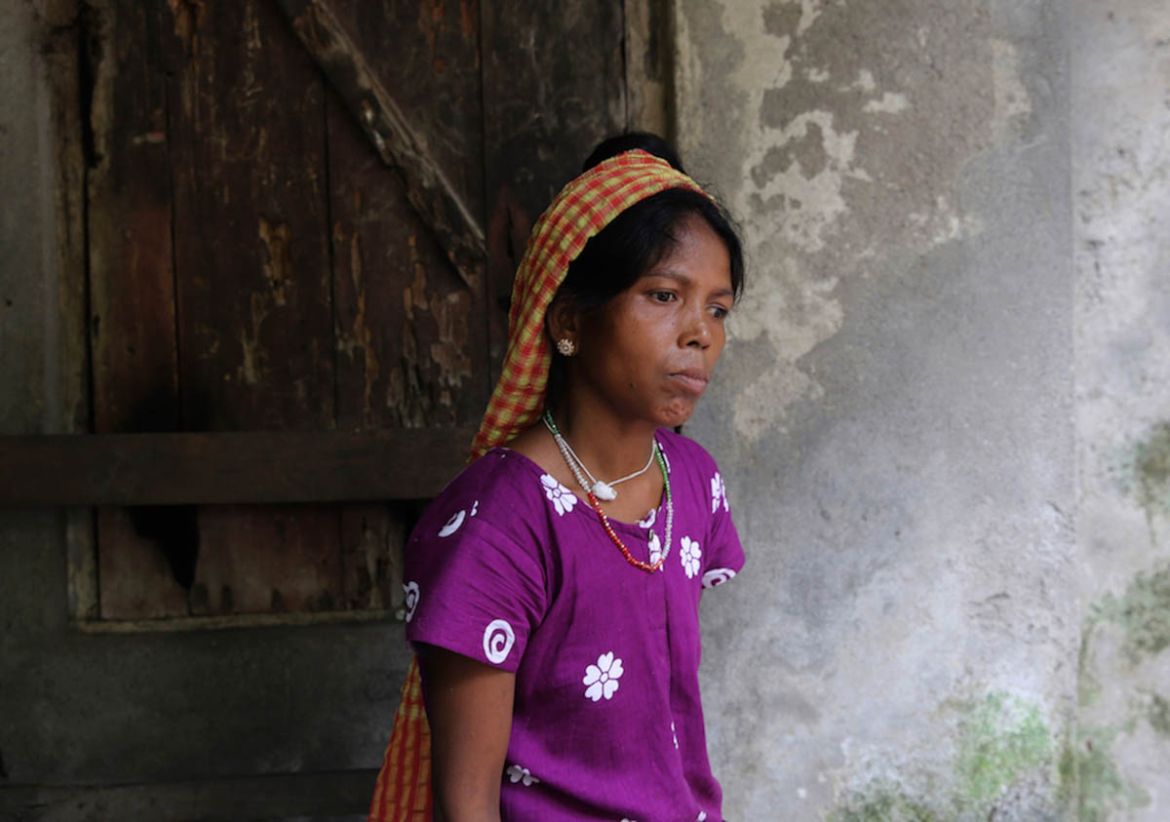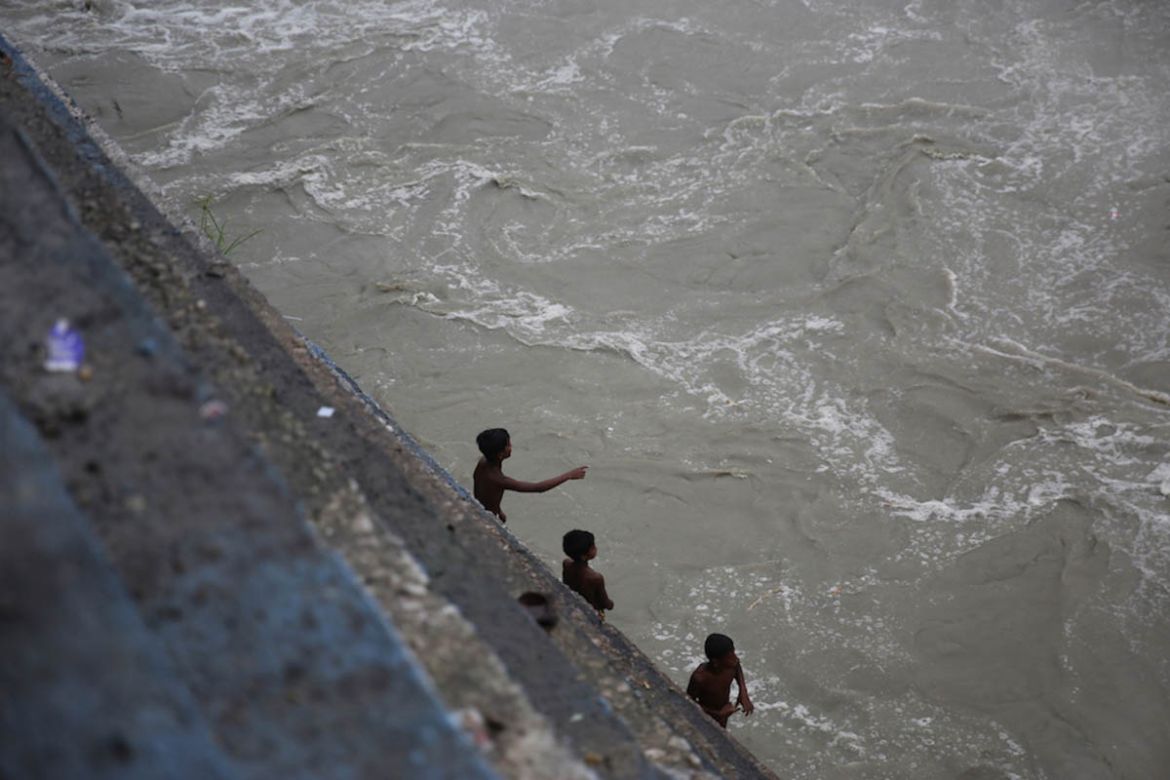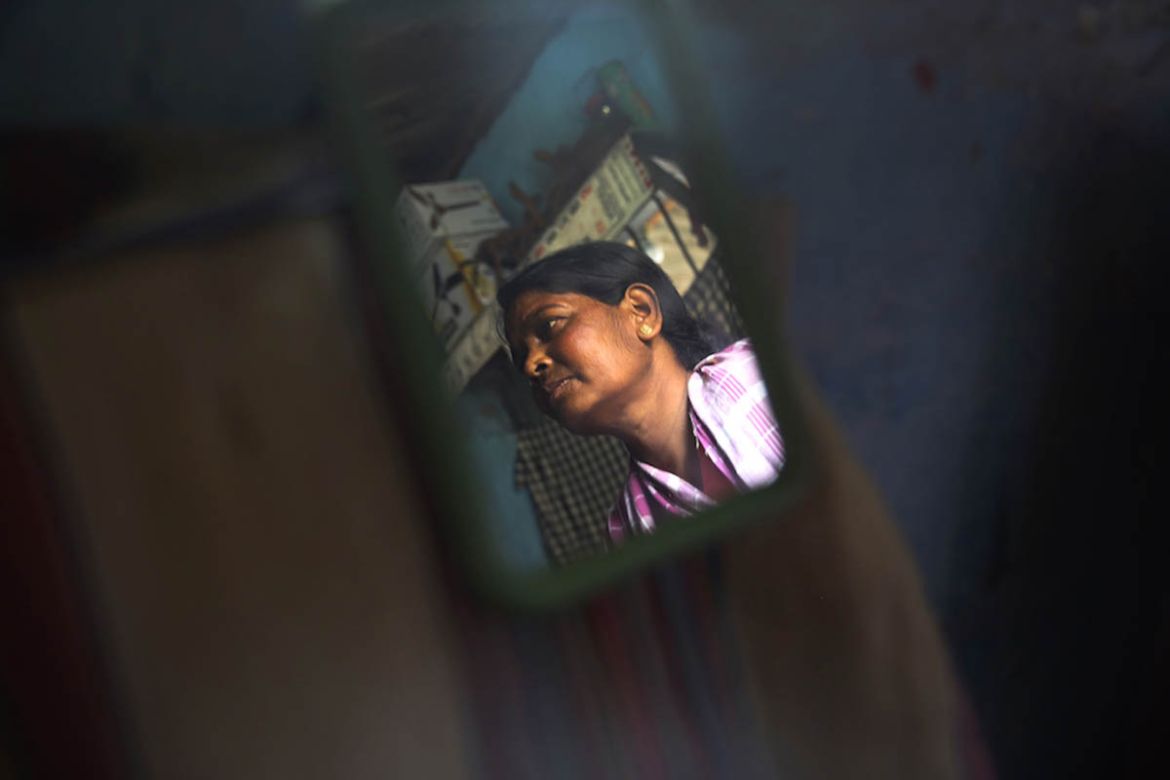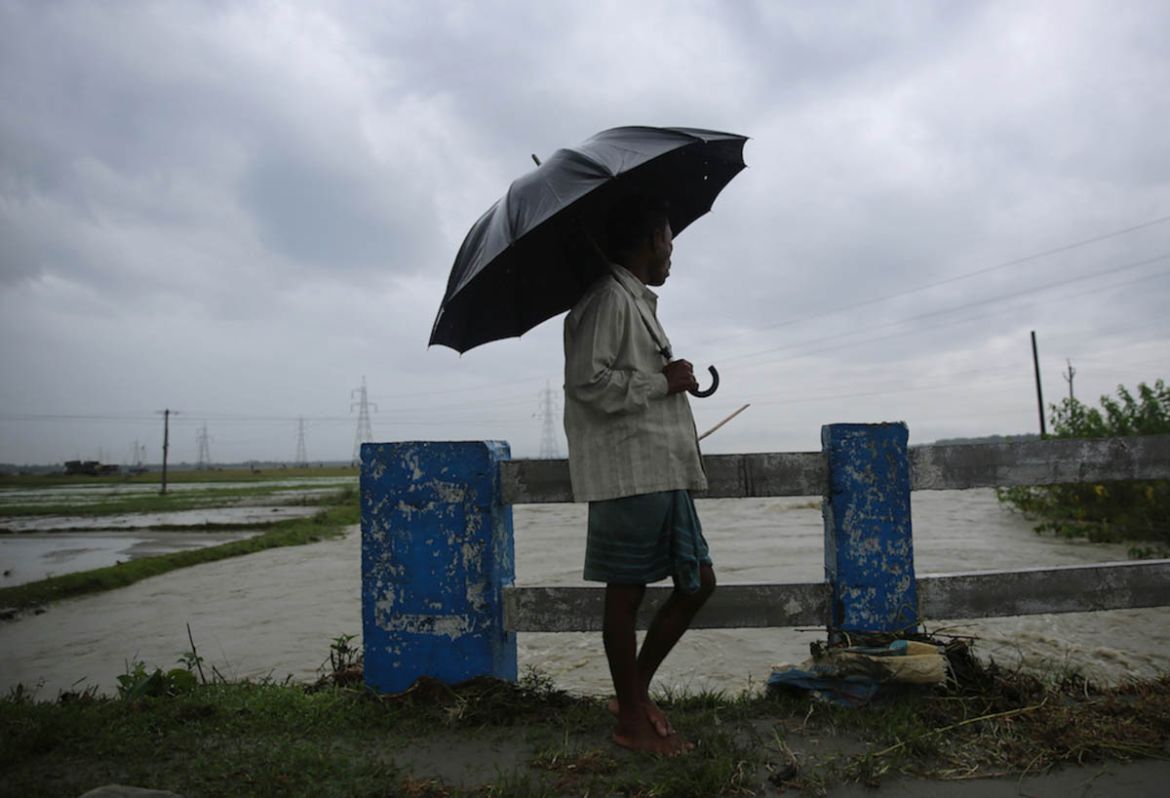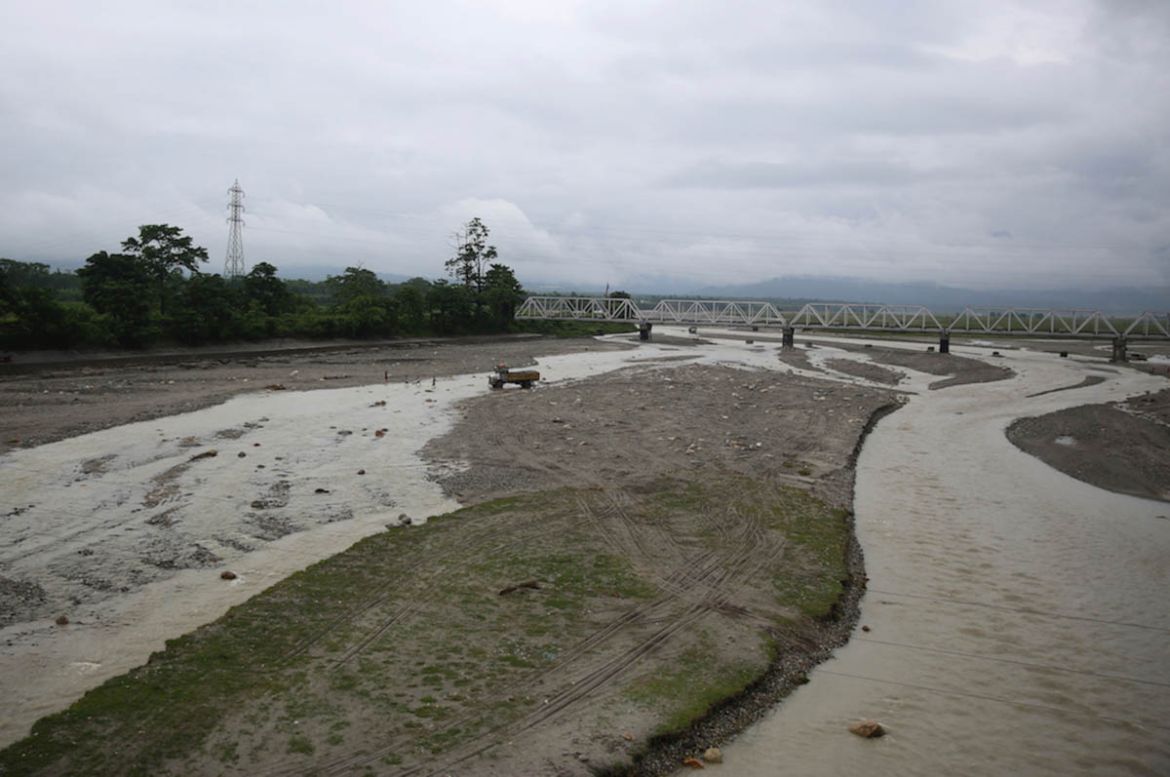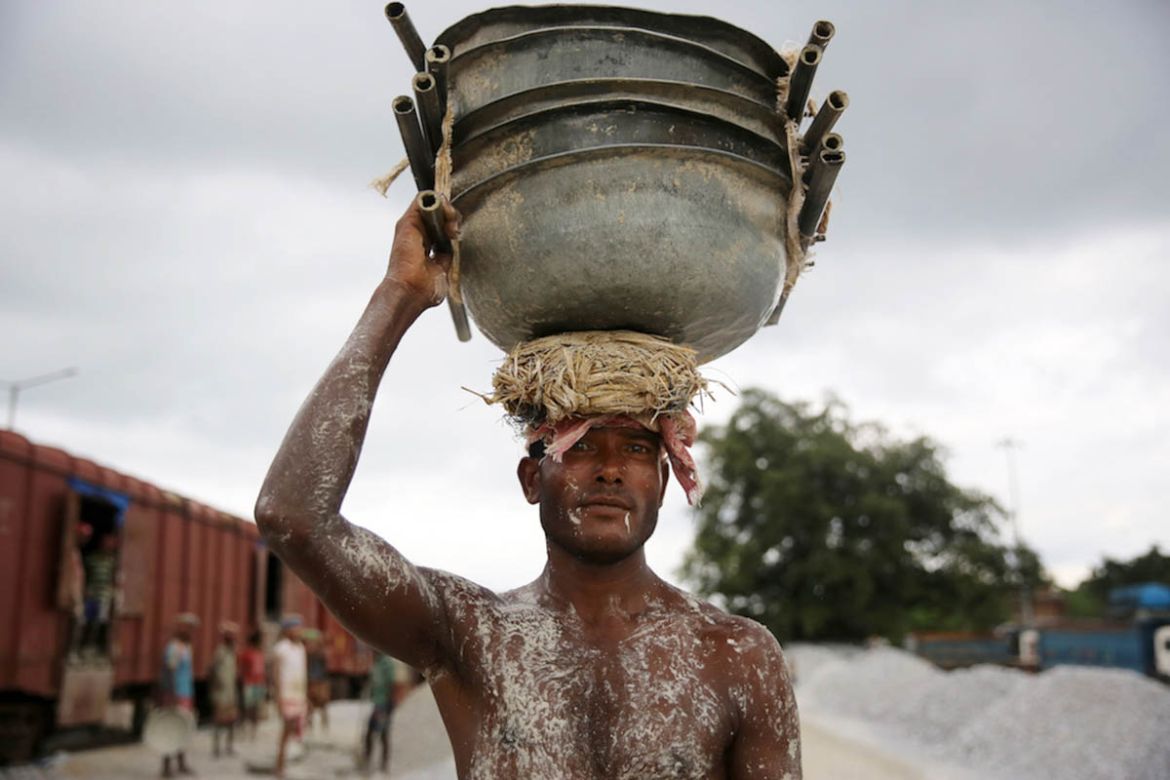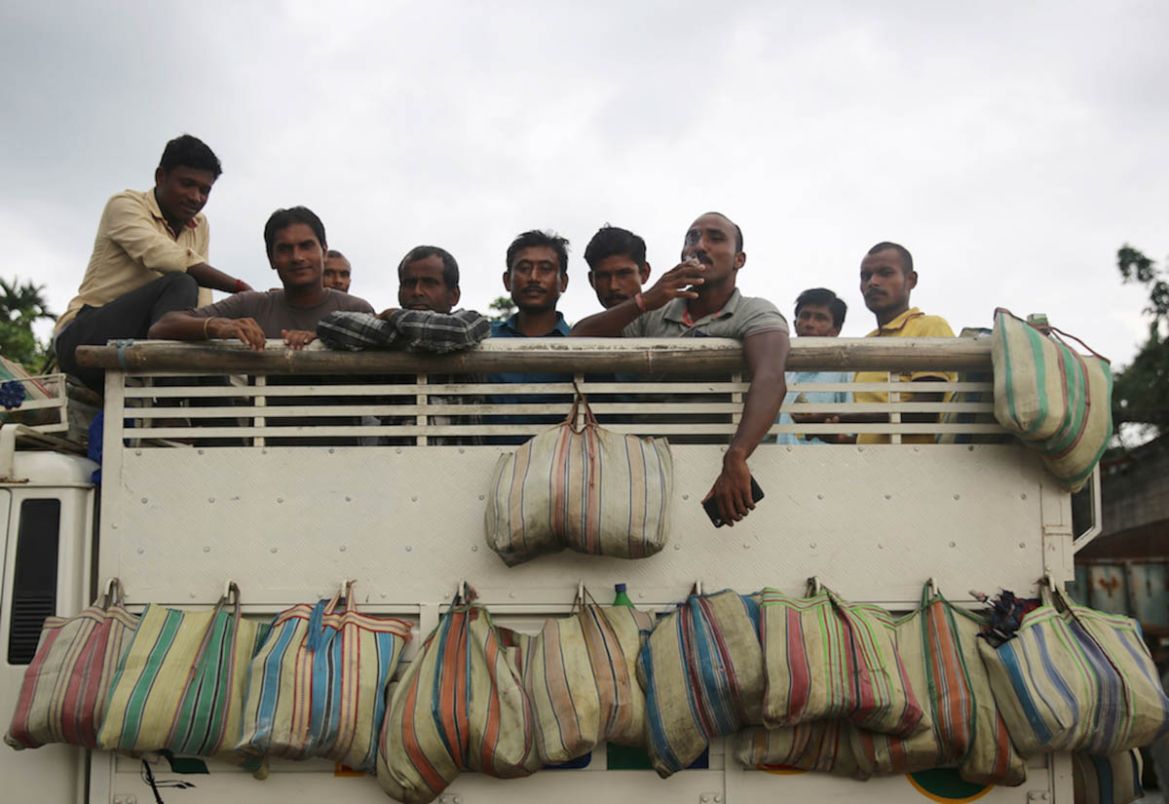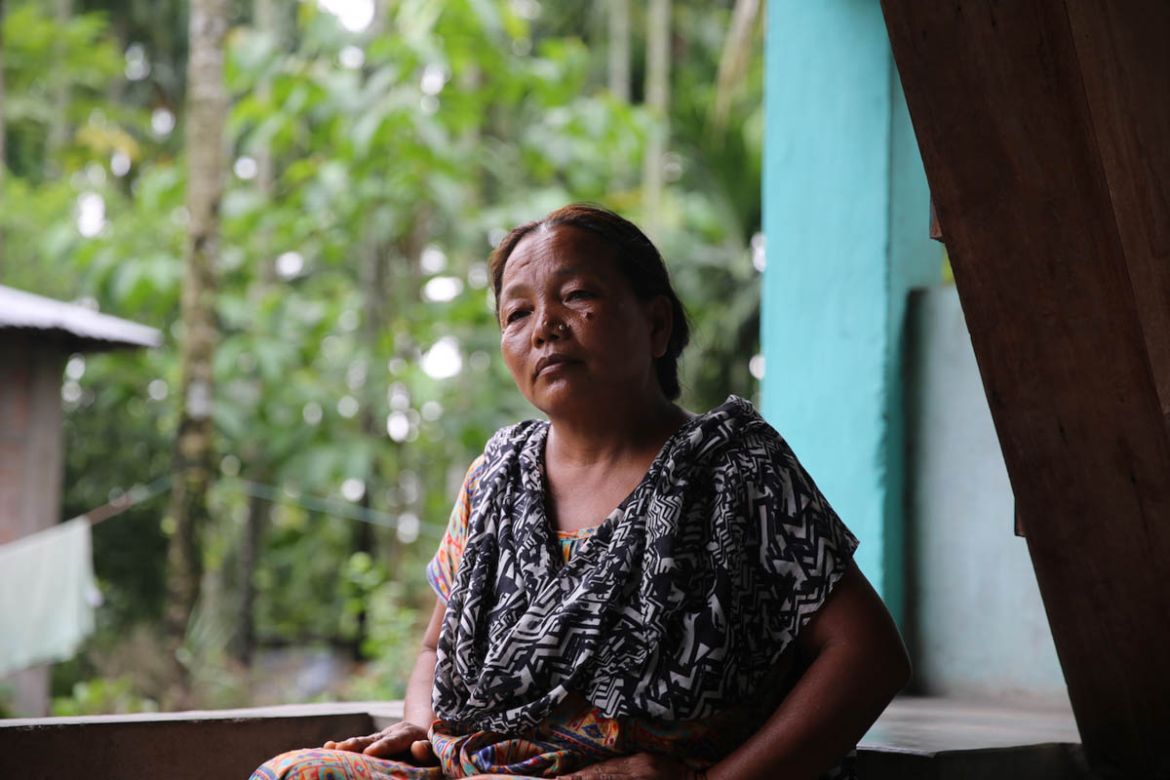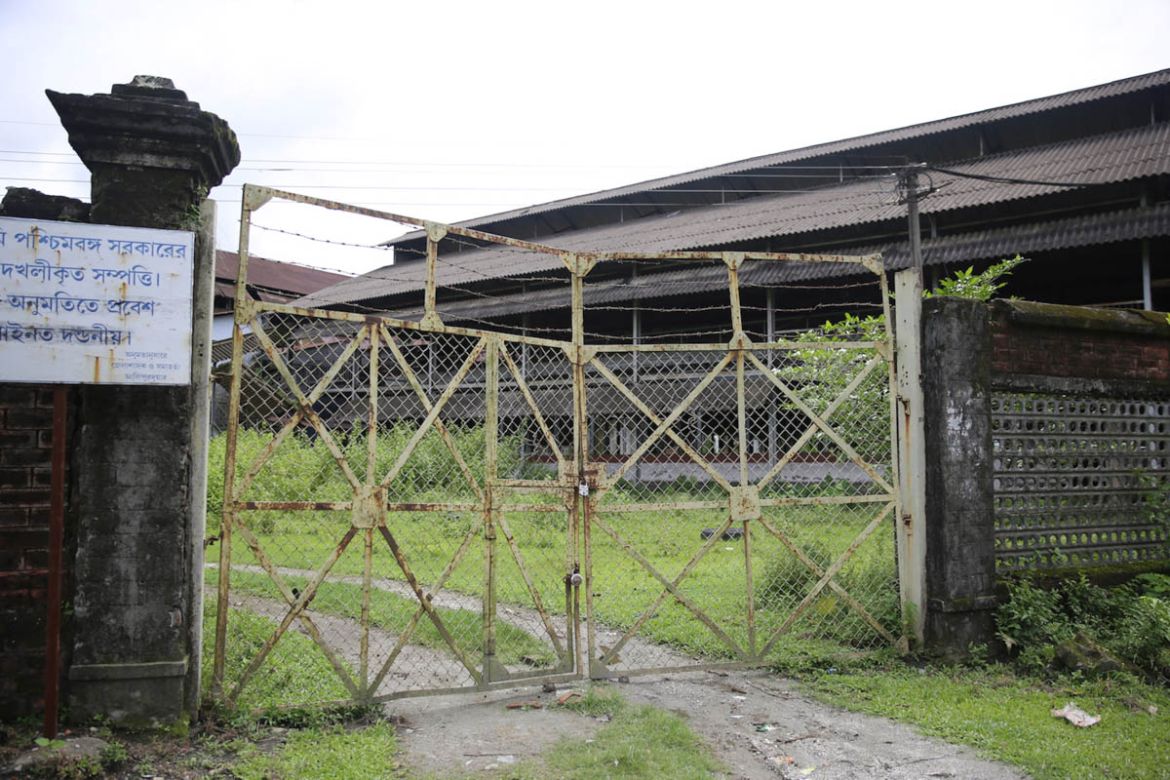In Pictures
In Pictures: Plight of India’s tea plantation workers
Hundreds of workers face hardships and an uncertain future after a number of tea gardens are forced to shut down.

West Bengal, India – Tucked away in the lush green foothills of West Bengal’s Dooars region in eastern India are the sprawling tea gardens, which have existed since the British colonial times.
The gardens provided a livelihood to a majority of the area’s tribal population until 15 years ago when they began to be slowly closed down, depriving the area’s labourers of jobs and forcing them to migrate.
During his election campaign speeches earlier this year, Indian Prime Minister Narendra Modi, who calls himself a former “chaiwalla” (tea-vendor), had promised to look into the issues of the plantation workers.
But the condition of the workers has not changed. While most migrated, those who stayed back took other jobs, which pay much lower than the daily wage fixed by the government.
A legislation passed last month promised the minimum wage to all the workers in the country, but it is yet to be implemented in the tea gardens in the Dooars.
“The market rate of tea and the overall cost of producing it in forced many gardens to shut… [It] forced the labourers to look for other sources of earning,” said Neil Chhetri, a government official.

